Mossack Fonseca Searchable Database Goes Online – Who Should be Afraid of the IRS and Panama Papers?
Do you have a company or bank account in Panama? Are you wondering if you should be worried about the IRS and Panama Papers? Do you know that the searchable database of Mossack Fonseca clients came online today? Is the thought of the IRS knocking on your door keeping you up at night?
Let me explain who should be afraid of the IRS and Panama Papers and who has nothing to worry about. Hopefully this will help most of you to rest easy, and those who have issues will take action before it’s too late.
First, a bit of background. A few months back, a hacker stole the records of one of the largest incorporators and law firms in Panama, Mossack Fonseca. The German newspaper Sueddeutsche Zeitung obtained the 11.5 million files and shared them with the Washington D.C.-based group of investigative journalists. This trove of documents became known in the press as the Panama Papers.
The Panama Papers have shone a light on many illegal uses of offshore corporations and offshore bank accounts. As Vice put bluntly in April, “The politicians who have taken and made bribes, dodged taxes, and amassed fortunes of unimaginable scale are your politicians.”
- Click here for my interview with Vice on who should be afraid of the IRS and Panama Papers.
Also exposed have been scammers and fraudsters hiding behind shell companies. For example, companies setup by Mossack Fonseca were used to dupe over 1,000 UK residents in a ponzi scheme.
I applaud the person who obtained these documents for shedding light on the dark side of the industry. Cleaning out those who use offshore structures to hide crime – or even hypocrisy – is a worthy goal that helps those of us trying to do things the right way. Those who use offshore companies within the law to minimize taxation and maximize privacy.
But, what about privacy for those who are following the law? What should reporters do with this data? Should they have the right to report on the private dealings of thousands of innocent people with legitimate uses for these companies?
Isn’t this akin to receiving stolen business records and financial data from Apple and putting in on the front page? No newspaper on the planet would do that… it would be immoral.
Does anyone have a right to know that Simon Cowell formed two offshore companies in the British Virgin Islands to buy property in the Caribbean?
What about the fact that Jackie Chan has an offshore company to manage his international projects?
What about Mossack Fonseca drafting the contracts for the sale of David Geffen’s 377-foot-long yacht? The boat was flagged in Panama, which is very common. Do we need to know this?
It appears that these were perfectly legal and compliant entities. Are they newsworthy?
Is there no right to privacy in our business and financial dealings? Do those who write on these topics owe a duty of care when using stolen data?
Job well done by the hacker… now how about some level of responsibility from the reporters?
OK, I’m off my soapbox. Back to who should be afraid of the IRS and Panama Papers.
If you or your representative used Mossack Fonseca to form your offshore structure, you need to be prepared for that information to become public. A searchable database of 200,000 offshore accounts, and thousands of companies went online today.
This online database will list:
- The name of anyone listed as a director or shareholder of an offshore company formed by Mossack Fonseca.
- The names and addresses of more than 200,000 offshore companies.
- The identities of dozens of intermediary agencies that helped set up and run those structures with Mossack Fonseca.
NOTE: If you have a company in Panama, you should ask your incorporator who they used as the resident agent for service of process. If your lawyer or tax planning firm incorporated through Mossack Fonseca, your data is probably in the public domain. Premier Offshore has never worked with Mossack Fonseca.
Most clients list themselves as the director and shareholder of the offshore company. Those who decided to be as transparent as possible in their dealings with Mossack Fonseca will be listed in the database.
In fact, I would never setup a company with a nominee shareholder or officer. To do so would put your corporate assets at risk. Nominee directors in Panama are fine – they have no power.
- It is possible to keep your identity private in Panama without using a nominee. You can incorporate a Limited Liability Company in another jurisdiction, and use that company as the shareholder. In this way, you keep control of the assets while maximizing privacy. For more on this, checkout The Bearer Share Company Hack.
If you are listed in the Mossack Fonseca database, should you be afraid of the IRS and Panama Papers?
If you’ve been filing your US tax forms and reporting your transactions accurately, you have nothing to worry about. To you, the Panama Papers is a data breach that has compromised your privacy, but nothing more.
I suggest the Panama Papers won’t even increase your risk of an audit. At most, the IRS will compare your filing to the database, find that you are in compliance, and that will be the end of it.
Considering that your offshore bank is reporting your transactions to the IRS under FACTA, the Panama Papers is only giving unto the IRS that which they already receive.
On the other hand, if you have an unreported account or company in Panama, you should be very afraid. You know that the IRS will download the Mossack Fonseca database and use it to find those who are not in compliance.
If you’ve used nominee shareholders or as singors on your bank account to avoid FATCA, you are now in extreme danger. The IRS will consider this “wilful” and come after you with a vengeance.
But you still have time to take action and save yourself. If you signup for one of the IRS Voluntary Disclosure Initiatives before you become a target, you will pay only interest and penalties.
If you are deemed willful, and the IRS comes looking for you, you are at risk of significant jail time.
The IRS is currently offering five flavors of the Offshore Voluntary Disclosure Initiative.
- Offshore Voluntary Disclosure Program (“OVDP”),
- Domestic Streamlined,
- Foreign Streamlined,
- Transitional Relief, and
- Delinquent FBAR.
If the IRS might consider your actions willful or intentional, you need the Offshore Voluntary Disclosure Program. This program one is the most costly and complex, but it will save your bacon if you are nearly in the fire. The OVDP gives you cover for your prior bad acts and a get out of jail card – not for free – but out of jail.
The OVDP requires you file 8 years of amended tax returns and FBARs, plut pay taxes, interest and a 20% penalty on whatever you owe. Now for the kicker, there’s also a 27.5% penalty on your highest offshore account balance. In some cases, that penalty may be 50% depending on the bank and timing.
- If the bank where your account is located is under investigation when you apply for the OVDP, the government figures they would have caught you eventually and charge a 50% penalty.
If you are living abroad, or you have paid US tax on your income, but forgot to submit a form or two, you might qualify for OVDI Lite. Penalties for these programs range from zero to 5%, and the cost of getting back in the government’s good graces will be much lower than the OVDP.
No matter the cost, I can guarantee you that the risk of doing nothing far outweighs the financial burden of coming forward now.
To repeat, if you have an undeclared an account in Panama, you MUST take action before the IRS finds you. If you or your Panama structure are out of compliance, you should be very afraid of the IRS and the Panama Papers.
I also suggest anyone with unreported accounts or offshore companies in Panama should join the OVDI. Just because you were lucky and did not use Mossack Fonseca to incorporate your corporation, don’t think you are safe. I expect the IRS to pressure Panama to report all foreign structures owned by Americans. I think that this is just the tip of the offshore corporation iceberg in Panama.
I hope you found this article informative. Click here for my interview with Vice on who should be afraid of the IRS and Panama Papers. Please contact me at info@premieroffshore.com or call us at (619) 483-1708 for a confidential consultation on the IRS Offshore Voluntary Disclosure Initiative.

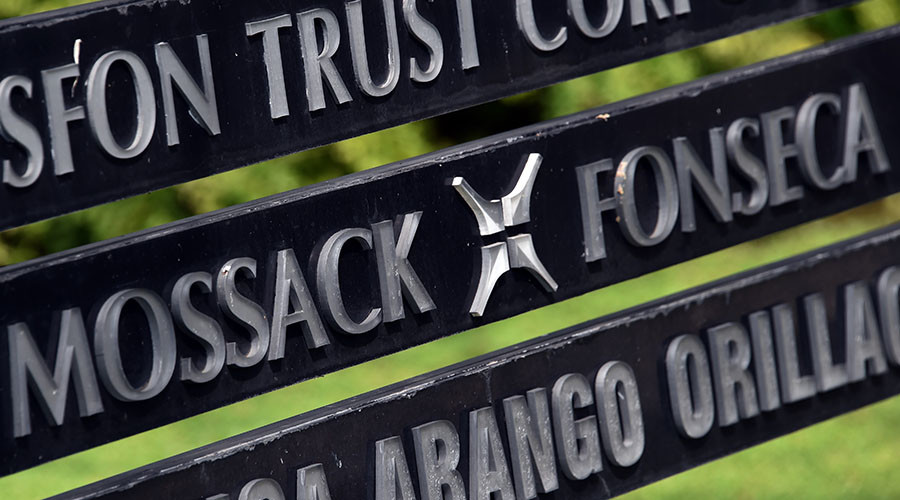
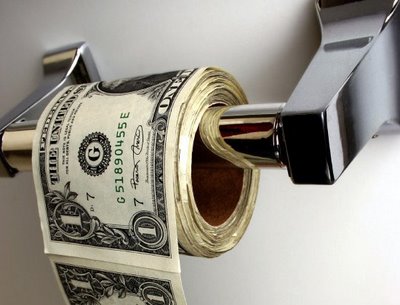
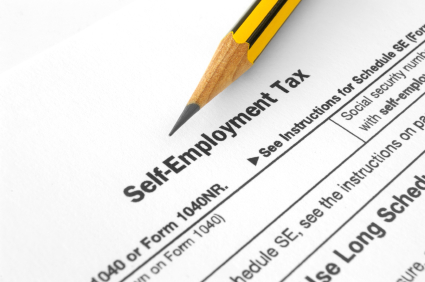

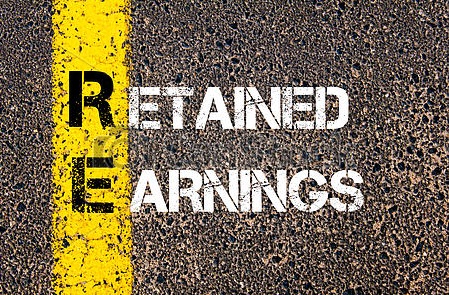
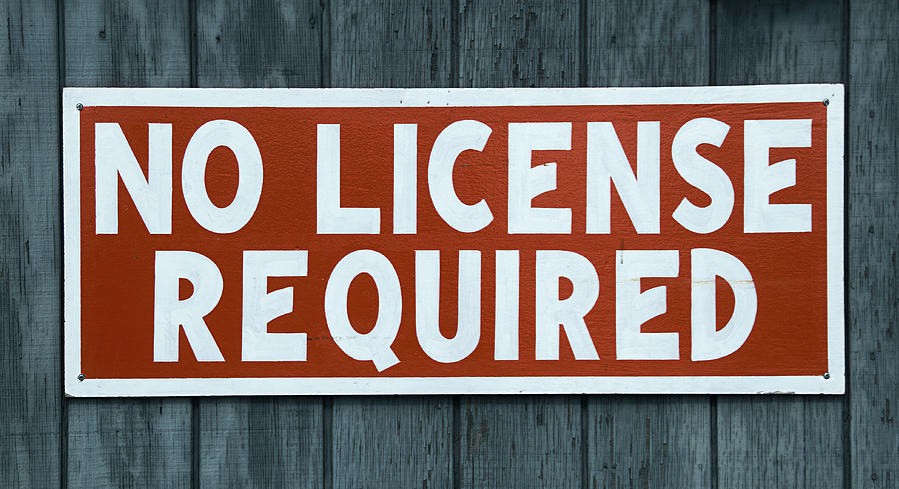
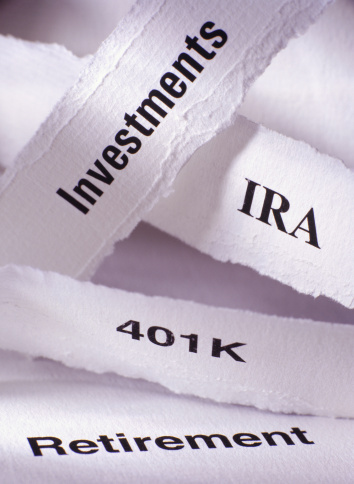


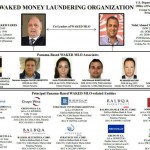

Leave a Reply
Want to join the discussion?Feel free to contribute!